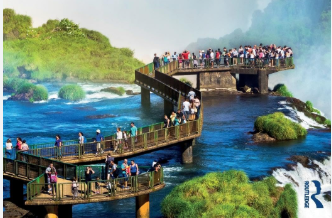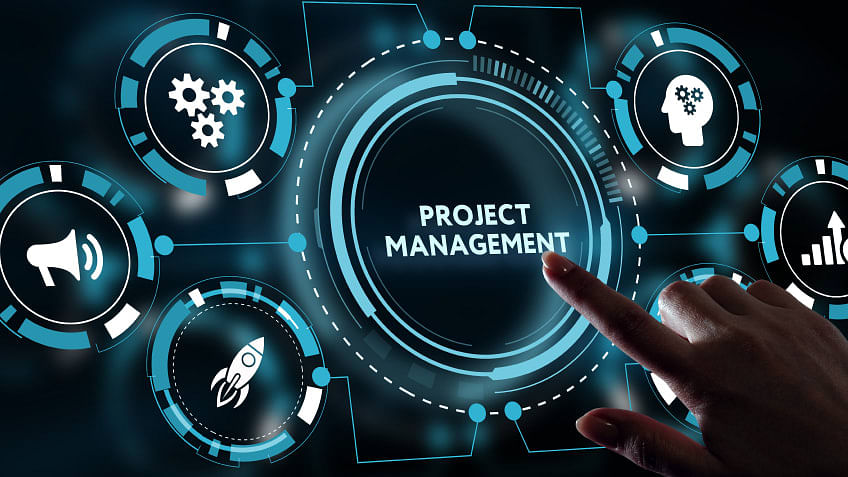
Events Operations and Management: Course Learning Outcomes
By the end of this course, students will:
- Understand the Fundamental Principles of Event Operations and Management Gain a comprehensive understanding of the essential principles that guide event planning and management, including the various stages of event execution and the roles involved in the process.
- Design, Plan, and Execute Various Types of Events Develop the ability to conceptualize, organize, and carry out a range of events, from small gatherings to large-scale corporate functions, ensuring all details are accounted for.
- Develop Skills in Budgeting, Scheduling, Risk Assessment, and Logistics Acquire practical skills in creating budgets, establishing timelines, assessing potential risks, and managing logistical considerations to ensure smooth event execution.
- Gain Knowledge of Event Marketing and Promotion Strategies Learn effective marketing techniques for promoting events, including social media strategies, branding, partnerships, and traditional advertising.
- Evaluate Event Outcomes Using Performance Metrics and Feedback Develop the ability to assess the success of an event through the use of key performance indicators (KPIs) and gather actionable feedback to improve future event planning.
These outcomes will ensure that students are well-prepared to handle the complexities of event management and operate efficiently in the events industry. Let me know if you'd like to add or modify anything!
- Teacher: Innocent NSENGIYERA

Computer literacy involves understanding and effectively using computers and technology to perform everyday tasks. It covers essential skills like operating computer hardware and software, managing files, navigating the internet, and using various applications such as word processors, spreadsheets, and web browsers. Additionally, it includes basic troubleshooting, digital security practices, and an awareness of online privacy. With technology integrated into almost every aspect of modern life, computer literacy is crucial for both personal and professional success, enabling individuals to access information, communicate, and solve problems efficiently.
- Teacher: Innocent NSENGIYERA

The main objective of this module is to equip students with knowledge and skills about tourism recreation and environmental management. While the specific objectives are to:
- Teacher: ict office

The main objective of this module is to equip students with knowledge and skills about tourism recreation and environmental management. While the specific objectives are to:
- Teacher: ict office

This course provides a comprehensive introduction to the principles, methodologies, and best practices of project management. Students will learn how to initiate, plan, execute, monitor, and close projects effectively. The course covers key topics such as project lifecycle, scope management, scheduling, budgeting, risk management, stakeholder communication, and quality assurance.
Through case studies, practical exercises, and real-world applications, students will develop essential project management skills, including leadership, team collaboration, and problem-solving. The course also introduces widely used project management frameworks and methodologies such as Agile, Scrum, and Waterfall.
By the end of the course, students will be equipped with the knowledge and tools to manage projects successfully in various industries, ensuring efficiency, effectiveness, and alignment with organizational goals.
- Teacher: Innocent NSENGIYERA
- Teacher: Edison ISHIMWE
- Teacher: INNOCENT IRANKUNDA
- Teacher: Aline k

